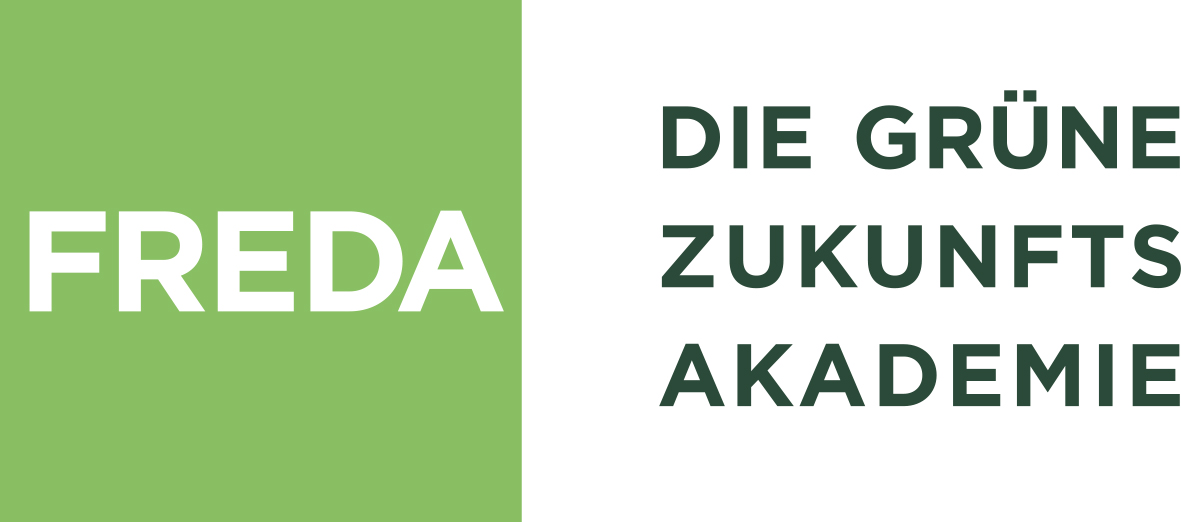Identity area
Reference code
Title
Date(s)
- 1985 (Publication)
Level of description
Einzelstück
Extent and medium
340 S.
Context area
Name of creator
Administrative history
Repository
Archival history
- Bibliothek Grünes Archiv
- Vorlass Gerhard Jordan
Immediate source of acquisition or transfer
Content and structure area
Scope and content
E.P. THOMPSON writes in the Foreword to this collection: 'this is a pig of a book, for the author as well as the reader'. It conforms to no usual genre but combines into one mix polemic and poetry, political analysis, satire, fiction and literary and historical criticism. In the first part of the book Thompson engages with the complex issues now facing the European and American peace movements - the priorities of disarmament and of 'human rights', the encroaching authoritarian state (as satirised in 'law reports' on the Sarah Tisdall and GCHQ cases), the manipulation of the public mind by 'heavy dancers' of the media. At the centre of the book are discussions of the division of Europe - a division not only military and political but also ideological and cultural. Can the Western peace movement join hands with such movements as the Polish Solidarity and Czechoslovak Charter 77 to foster a 'healing process' between hostile blocs? Attending the Convention of peace movements in Italy in the summer of 1984 Thompson recalls and earlier journey in 1944 and in 'The Liberation of Perugia' he meditates on the realities of 'conventional war' and on the intentions of the dead. This leads to the final part of the collection - a retrospect upon war, taken largely from his own unpublished writings of thirty of forty years ago - a fictionalised account of the first minutes of the battle of Cassino, a long poem (1950) which reveals how 'the Bomb' first imploded within his consciousness. One half of the pieces in this collection have not been previously published, while others have appeared in journals in Britain and the United States. This is very far from being another technical study of nukes. It is a meditation upon the ideological and political predicament of a divided world, in which the forces making for hope or for destruction are seen to be on both sides. Polemics against Caspar Weinberger and Margaret Thatcher are matched with polemics against the Communist bureaucracies. There is dialogue with Jaroslav Sabata in Brno and Roy Medvedev in Moscow and an appraisal of the influence of the American sociologist, C. Wright Mills. There are also poetic tributes to Tibor Dery, the Hungarian 'dissident' novelist, and to Salvador Allende, the murdered President of Chile. The book concludes with the first major assessment of the work of the 'dissident' American poet, Thomas McGrath. (Klappentext)
Appraisal, destruction and scheduling
Accruals
System of arrangement
Conditions of access and use area
Conditions governing access
Uneingeschränkt
Conditions governing reproduction
Language of material
- English
Script of material
Language and script notes
Physical characteristics and technical requirements
Finding aids
Allied materials area
Existence and location of originals
Existence and location of copies
Related units of description
Notes area
Note
Stempel Grünes Archiv, Sticker Gerhard Jordan
Alternative identifier(s)
ISBN
Signatur Grünes Archiv
Access points
EAP
Subjects
Places
Genres
Description control area
Description identifier
Institution identifier
Rules and/or conventions used
ISAD(G)
Status
Draft
Level of detail
Full
Dates of creation revision deletion
Language(s)
- German

